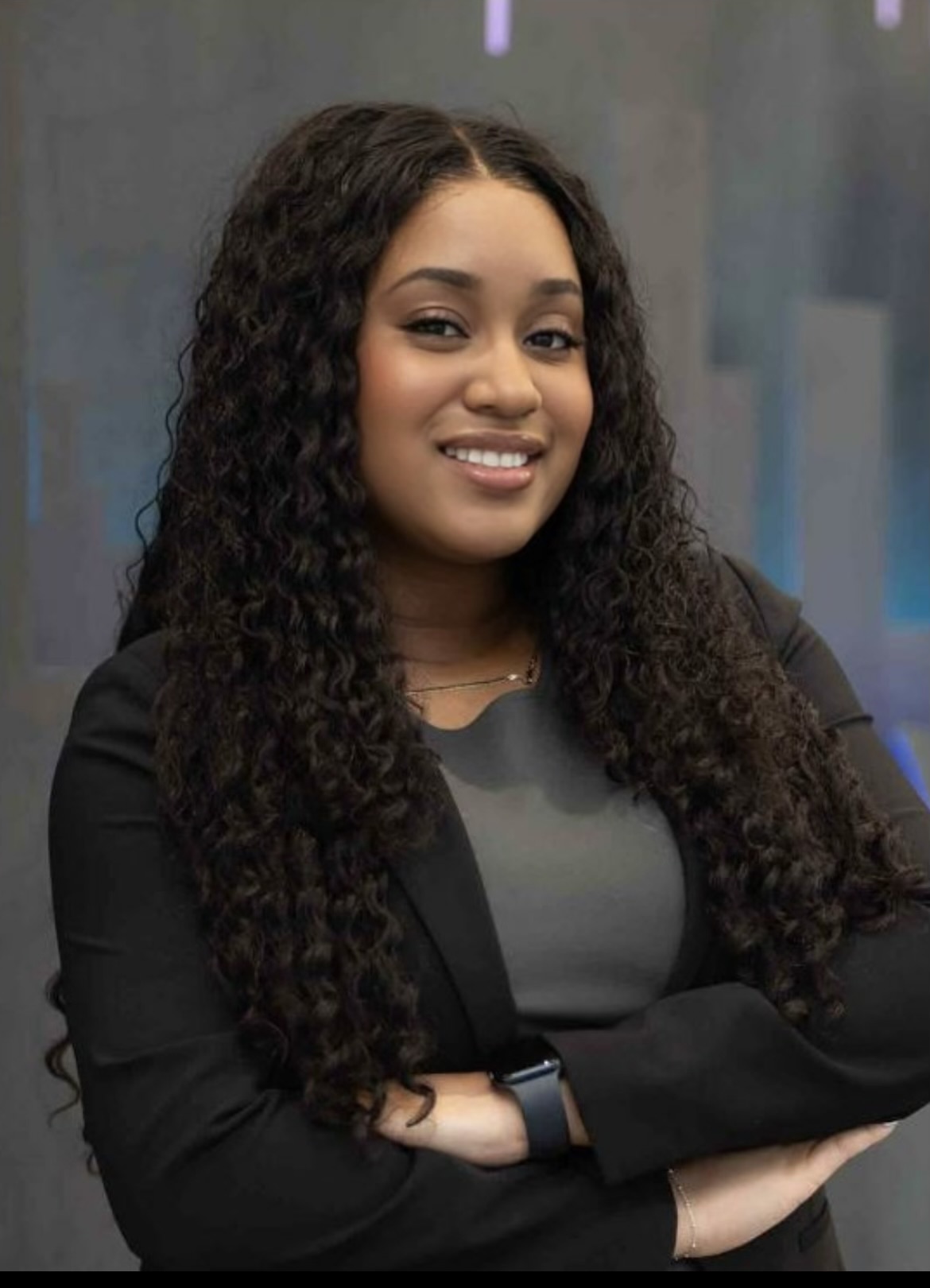Get in touch: (800) 551-3410


Juris Education interviewed Rebecca Scantlebury, LL.B., B.A., President, Black Female Lawyers Network for an exclusive look at what sets the Trial Advocacy Program apart. Our experts bring these expert perspectives into our law school admissions consulting to help every applicant craft a standout, competitive application.
One thing I’ve learned from being part of Black Female Lawyers Network (BFLN) is that you rise by lifting others. That’s really at the heart of BFLN’s story. The women who built this organization understood the power of community; and that success in law isn’t just about individual achievement, it’s about building together.
So my advice to aspiring law students is: build relationships early! The classmates, mentors, and peers you meet now will one day be partners, judges, and general counsel. Stay connected. Also, don’t box yourself in, let your law journey unfold. There’s no one “right” path in this profession, and it’s okay to grow, pivot, and redefine what success looks like for YOU!
We’ve made incredible progress, but the playing field still isn’t level. One of the biggest barriers I see right now is the slow rollback of remote and flexible work. That disproportionately affects women, especially mothers, who now find themselves having to choose between career advancement and family stability.
We’re also seeing burnout at alarming rates among women in the profession because we’re expected to do it all, excel at work, nurture at home, lead in our communities, and it’s simply unsustainable without structural change.
One way to overcome this is by creating your own table, whether that’s starting your own practice, joining forces with other like-minded women, or advocating for policies that support real balance. Flexibility isn’t a luxury; it’s a necessity for equity in this profession.
Mentorship is one of the pillars of BFLN. Over the years, we’ve created spaces for connection,through our annual Sistahs-in-Law Retreat, our networking events, and partnerships with organizations like OJEN & BLSA etc. I’ve seen firsthand how one conversation or introduction can change the trajectory of a young woman’s career.
We’re actually launching a brand-new mentorship program in 2026 that will formally connect students, junior lawyers, and senior counsel across different practice areas.
My advice to young women is simple: don’t wait for a mentor to find you, seek them out. Reach out to people you admire, show genuine interest, and follow up. Mentorship doesn’t always look like a formal relationship; sometimes it’s someone you learn from in passing who plants a seed that changes your perspective.
The women who thrive in this profession are organized, curious, and resilient. Law is demanding, you’re constantly managing deadlines, clients, and competing priorities, so being organized isn’t optional, it’s essential.
Develop that muscle early. Create a study schedule, learn to manage your time, and hold yourself accountable. It’ll serve you well when you start juggling files, clients, and court dates.
Also, strengthen your critical thinking and communication skills. Take courses that challenge you to research deeply and think beyond surface answers. And read — A LOT. Reading and writing are the backbone of legal reasoning.
Finally, stay curious. The best lawyers are lifelong learners who never stop asking “why.” That curiosity is what helps you see angles others might miss.
For more information on Black Female Lawyers Network, visit https://bfln.ca/.
Juris Education is proud to interview leaders in law who are revolutionizing the legal field.